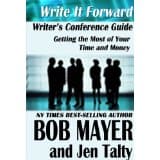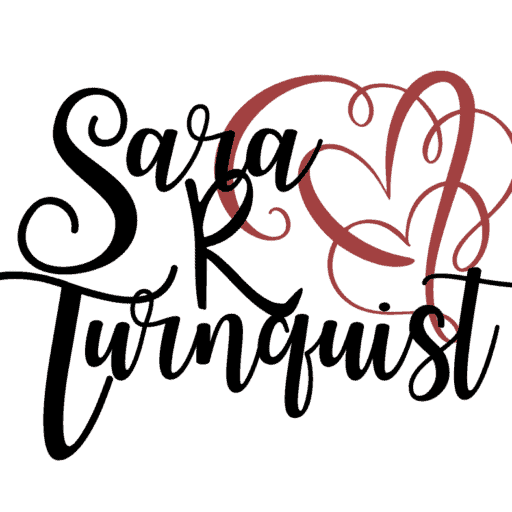It is coming, folks…for many of us, it is already upon us…CONFERENCE SEASON. Some would argue that it is all year round. And they wouldn’t be wrong. But for many of us, the major time for conferences is during the summer months. For newbies, the number of conferences out there are astounding. Just stay calm, I have some tips to get you through.
 Start Small. For those who have never been to a writers conference, I recommend starting with a smaller conference. This is for many reasons: networking is easier, interacting with speakers is less intimidating, there are fewer options to choose from (so you won’t get overloaded with choices on top of everything), and you’ll find yourself less overwhelmed in general in a smaller venue with less people. My first writers conference was a small local conference. I share the details here.
Start Small. For those who have never been to a writers conference, I recommend starting with a smaller conference. This is for many reasons: networking is easier, interacting with speakers is less intimidating, there are fewer options to choose from (so you won’t get overloaded with choices on top of everything), and you’ll find yourself less overwhelmed in general in a smaller venue with less people. My first writers conference was a small local conference. I share the details here.
Prepare Yourself. There are some wonderful resources out there to help you prepare. And I share some experience getting ready for a national conference here.
If you plan on pitching, which I think you should (see below), you’ll need a synopsis and one sheet for your novel. Search google for these to get an idea of what agents/editors are looking for.
Plan to take a notebook or paper with you to take lots of notes. Not every conference facility will have a place for you to plug in your laptop (surprise, surprise) and you won’t always have a table to set your laptop on during sessions (but if you are a lap person with your computer, have at it).
And have business cards ready to go. The vital info you need on your card is your name, face, contact info (I would not include your phone number. Media outlets, website, and e-mail are sufficient). If you are a speaker, try to include your speaking subject matter as well.
 There is a good book out there I would recommend for getting the most out of your conference experience. It’s called “Write it Forward: Writer’s Conference Guide” by Bob Mayer.
There is a good book out there I would recommend for getting the most out of your conference experience. It’s called “Write it Forward: Writer’s Conference Guide” by Bob Mayer.
Elevator Pitch to Others. People are going to want to hear about what you’re writing. Be prepared to talk about it. Have your elevator pitch prepared (this is being able to sum up your book in the amount of time it takes for an average elevator ride – about three floors). So, that’s 1-3 concise sentences. But be ready to expand on those 1-3 sentences too. This will be good practice for more formal pitching…which brings me to my next point.
Plan on Pitching. If the conference has an agent, a mentor, or an editor you can meet with, plan on pitching. Even if you’re not ready. If you need to, go in planning on not landing a contract. Think of it as practice. Because that’s what it is: an opportunity to practice, to hone a new skill. Plan on asking questions. But be mindful that you may only have 15 minutes. So, pick that one or two burning question. I talk more about pitching here.
Take Time. No matter how small the conference, there will be a wealth of information available. Give yourself time to decompress, digest what you’ve heard, and bring it back to your work. There may be things that you disagree with, sure, but that doesn’t make it less valuable. Consider it, consider why it makes you react that way…and maybe it is still something not relevant in your case.
All in all, I am very excited. I love going to conferences – learning, networking, and just soaking it all in. If you want to read more about why you should go to a conference, check out my other articles here and here.

